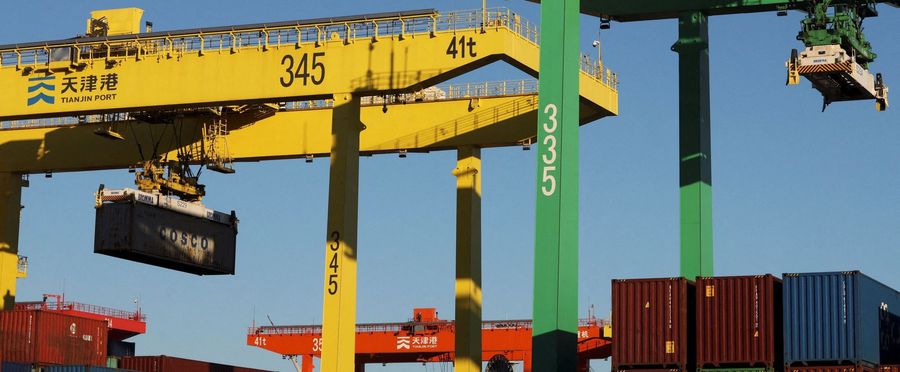On November 1st, the US made a bold move by imposing a whopping 100% additional tariff on Chinese goods - a move that has shaken the global retail and manufacturing sectors. Riding on high-stakes economic tensions between the two superpowers, this new policy will significantly alter the cost of Chinese products in the American market and possibly set a new tone for international trade dynamics. The intent and potential implications of this daring strategy are yet to be fully understood.
Given Japan's strong trade ties with both the US and China, any change in these nations' economic interplay is closely scrutinized. Concerns center around the potential for increased manufacturing costs and disruption to supply chains, as well as the potential for similar tariffs to be imposed on Japan's own exports.
While the EU has also used tariffs as a tool in trade disputes, such a sudden and extensive hike is unusual. Typically, the EU seeks to resolve trade disagreements diplomically and seldom turns to imposing substantial tariffs at such a scale.

